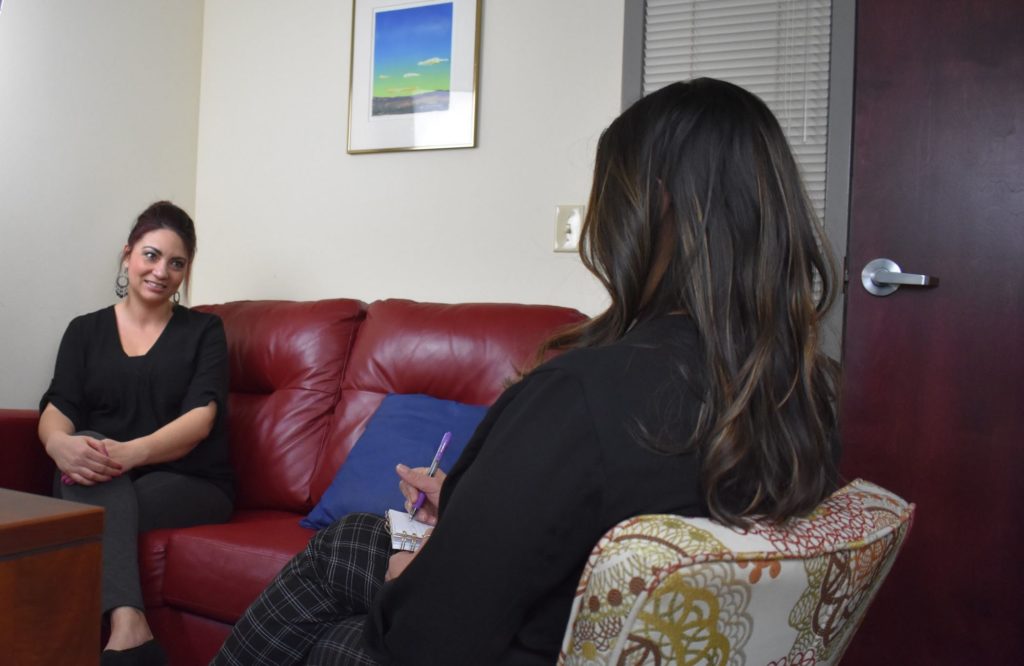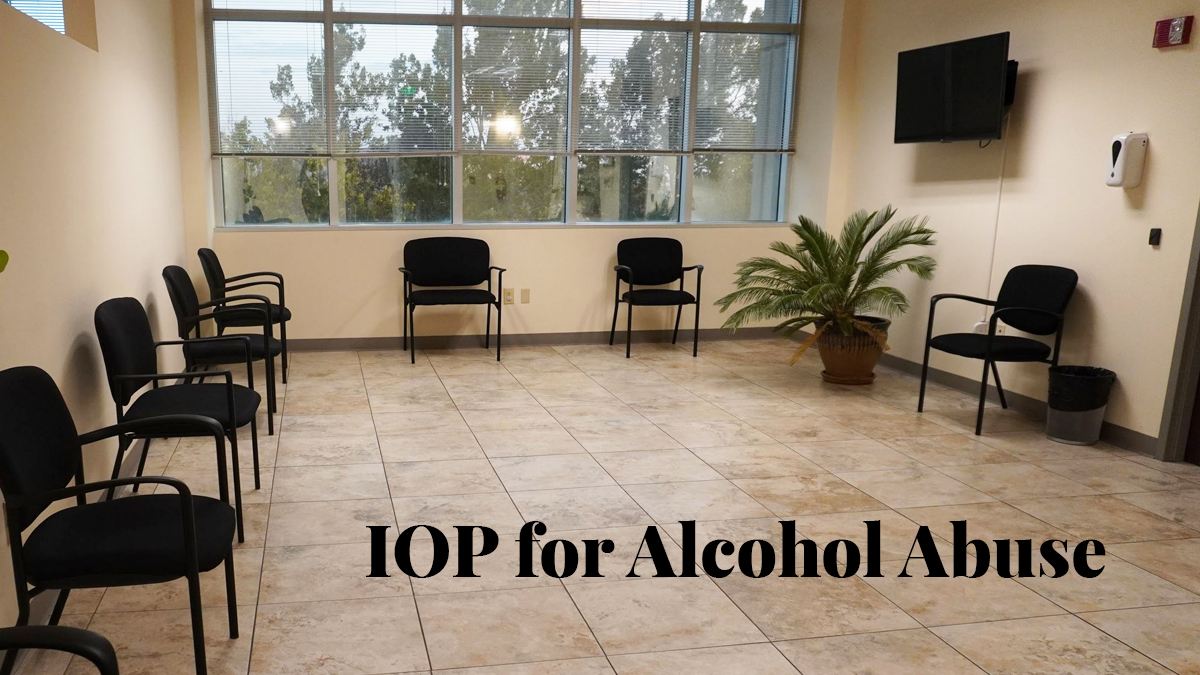I Think I’m an Alcoholic. What Should I Do Now?
Admitting you need help for your drinking problem can be difficult not only because of the stigma surrounding addiction, but because you might not believe you can function without drinking. Acknowledging the problem is a great first step. It is critical to remember that addiction to alcohol is a disease and not a character flaw.
Alcoholism is defined as “an addiction to the consumption of alcoholic liquor or the mental illness and compulsive behavior resulting from alcohol dependency.” Substance Use Disorder affects millions of Americans. You don’t have to feel alone. Many people struggle with alcohol dependency. Addiction can’t be cured, but it can be managed in a way that helps you live a healthy, fulfilling lifestyle.
Alcohol is a depressant that slows your brain function. Because it’s your body’s job to keep you alive, it learns to adapt to having alcohol in its system at all times. This makes your body work harder to ensure your central nervous system keeps working. Eventually, your brain and body become dependent on drinking. The symptoms you experience when you quit drinking come from your body remaining in that survival mode it got so used to overtime.
Heavy drinking can have a massive impact on both your physical and emotional health. Alcohol addiction requires serious mental and physical care which includes medical detox and some form of therapy. Both individual and group therapy are highly recommended for people with alcohol addiction.
What is Outpatient Alcohol Therapy and Rehab?
Rehab or rehabilitation centers are inpatient facilities that provide medical detoxification services, group therapy, and more. Outpatient alcohol rehab at Sage Neuroscience Center consists of detox, medication evaluation and monitoring, and attending an Intensive Outpatient Program (IOP).
Outpatient care allows you the flexibility to live your life as usual. You only need to come to the clinic for your services and treatments. IOPs are for individuals who do not need the 24/7 supervision that is required in a rehab facility but do need an accountability network. IOPs are a proven effective treatment for both alcohol and drug addictions.
SUDs IOP Defined

Our Substance Use Disorder Intensive Outpatient Program lasts 12 weeks. IOP can last longer depending on how many sessions you miss. The more sessions you miss, the longer your program drags out. The group meets three times a week for three hours a day. We offer a variety of morning, afternoon, and evening sessions. Sage’s IOP encourages clients to actively participate in their recovery in a safe and supportive environment. We use evidence-based and diverse approaches including mindfulness, Matrix Model, and Dialectical Behavior Therapy (DBT) interventions.
In addition to IOP, we offer relapse prevention groups, family and couples counseling, and aftercare services. We provide urine drug screens, reports for formal litigation processes, and collaborative care with other providers on your treatment team to provide you the best care possible. A combination of SUDS services sets you up for success in your recovery journey- especially if an IOP is involved.
How Does an Intensive Outpatient Program Help with Alcohol Abuse?
Throughout the duration of an intensive outpatient program for alcohol abuse, you will attend group meetings and individual counseling to explore the root of your substance abuse problems. The group program focuses on providing skills and advice to cope with those core issues. The main goal of this essential group service is to encourage people to actively practice implementing a host of skills in a supportive, didactic environment. The skills taught in IOP are all based on relapse prevention. IOP teaches you how to live the best life you can without drinking.
IOP helps you learn about addiction and the science behind why some people get hooked on a substance with the chemistry of addiction education. Learning the chemistry of addiction may not sound super exciting. However, it is really interesting to learn about how your brain reacts to the use of substances.
Psychoeducational teaching provides education on mental health disorders that may be co-occurring with your substance use disorder. A lot of people who have addictions also struggle with things like Depression, Anxiety, Bipolar Disorder, etc. Mental illness can really impact your recovery. It’s important to learn about these things to help understand yourself and how to manage your drinking problem.
An intensive outpatient program for alcohol abuse teaches you the necessary skills to cope with symptoms of withdrawal or cravings for alcohol. The skills-development section of the program helps identify and address triggers in a positive way. IOP explains how to control your impulses to drink. You will learn grounding techniques and breathwork to help you focus and remain in a good mental space. Recovery is done best with a good attitude.
You will learn healthy lifestyle alternatives to drinking. When you feel like cracking open a bottle, what could you do to make you feel better instead? What brings you joy and creates a great distraction? How can you hone that into a way to cope with cravings?
When it comes to family and friends, alcohol addiction can be difficult to explain to loved ones. This is especially difficult if you have hurt the people close to you as a result of drinking. The communication skills part of the program teaches you how to effectively communicate with people in a positive way. This includes learning how to set boundaries within your relationships and how to perform your family role to the best of your ability. Things can often be misinterpreted. It’s important to learn it’s not just what you say, it’s HOW you say it. Unfortunately, the temptation to drink is everywhere. Drinking is a social activity so it is necessary for everyone in your social circle to know that you can’t drink. You don’t need any peer pressure. Family can be a major factor in your alcohol addiction recovery and they are encouraged to join you in IOP. This ensures that everyone who cares for you is on the same page and can work together to help you get better.
You will also learn about nutrition and physical activity to help you make the best decisions to create a healthy lifestyle all around. The better you feel, the less likely you’ll feel the need to drink. Our intensive outpatient program for alcohol abuse teaches you how to take care of yourself in a holistic way, not just by saying “Stop drinking.”
Self-care has become this social media buzzword but it is actually critical in your recovery. Self-care is not taking a bubble bath, slapping on a facemask, and indulging in sugary foods. Self-care is keeping up with a hygiene routine, getting physical activity, spending quality time with people you care about, eating vegetables, etc. A big part of IOP is learning how to treat yourself and your body better.
How to Choose an Alcohol Outpatient Rehab
An IOP is a big-time commitment and your decision should not be taken lightly. Choose an intensive outpatient program that has standardized modules in areas of relevance for proper recovery. There are both faith-based and non-faith-based IOPs. You can select the type of IOP that best aligns with your values. The IOPs at Sage Neuroscience Center are not faith-based but all faiths are welcome.
There are morning, afternoon, and evening sessions to choose from for our IOP. Which one is best for you will depend on your schedule. Due to COVID-19, we are conducting these group meetings both virtually and in person.
Day Treatment is something we do not offer but it might be a good option for you. Day Treatment is an IOP that requires 5-7 days of your time for either a full or half-day. This treatment is a step below inpatient care.
If you have already gone through an intensive outpatient program for alcohol abuse, maybe the better option for you would be a step-down group like our Aftercare Service or the Relapse Prevention group. At Sage, these groups are for people who have quit drinking and have gone through treatment. They might need that little bit of extra help after their program has ended and the group facilitators are there to assist them.
Who Runs the Intensive Outpatient Program for Alcohol Abuse at the Sage Treatment Center in New Mexico?
Sage has a diverse group of therapists here in Albuquerque who offer one-on-one addictions counseling. Your individual sessions can help you develop confidence using new tools to address addiction, learn about triggers and coping methods, as well as explore underlying issues contributing to addictive behaviors. We have some amazing, talented, intelligent providers who specialize in substance use disorder treatment. You can learn more about them and other Sage Neuroscience Center providers by visiting our meet the team page here. Each provider is knowledgeable in the subject of alcohol abuse and co-occurring disorders. They are happy to answer any questions you may have in IOP. They are there to help you, not to pass judgments.
Intensive Outpatient Programs for alcohol addiction are a crucial component of recovery from your Substance Use Disorder. Alcohol addiction IOPs teach you how to recognize triggers, respond in healthy ways, gain communication skills, as well as self-care skills to help you live a fulfilling, alcohol-free lifestyle. The supportive atmosphere of a group setting holds you accountable in remaining sober. The group helps your journey by providing a safe space to be open and honest about what you’re going through. IOP makes you feel less alone and this type of support is a major part of relapse prevention.



